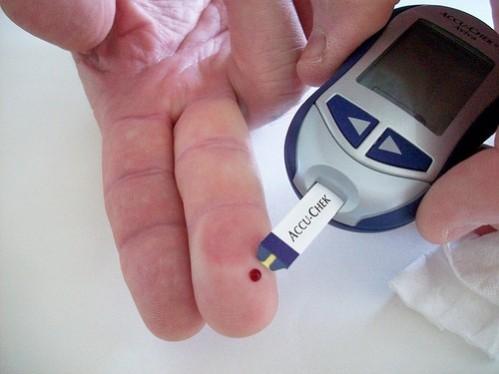
People with diabetes could be more likely to develop cancer as high blood sugar levels affect DNA, researchers said.
A higher level of blood glucose appears to spike how much damage DNA suffers, according to researchers at City of Hope National Medical Center in the United States. Too much glucose in the blood also made DNA strands more prone to breaking, and stood in the way of it being repaired. This, according to the researchers, could lead to what is known as genomic instability - mutations that are characteristic of the majority of cancers, according to a Gulf News report.
"It's been known for a long time that people with diabetes have as much as a 2.5-fold increased risk for certain cancers," said John Termini from City of Hope, a research and treatment centre for cancer and diabetes.
These cancers include ovarian, breast, kidney and others. But why people with diabetes run higher risk of these cancers has been a mystery for a long time. The new findings could offer a possible explanation for this double whammy.
Termini wondered if the elevated blood glucose levels seen in diabetes could harm DNA, making the genome unstable, which could lead to cancer.
Therefore, Termini and his colleagues looked for a specific type of damage in the form of chemically modified DNA bases, known as adducts, in tissue culture and rodent models of diabetes.
Indeed, they found a DNA adduct, called N2-(1-carboxyethyl)-2'-deoxyguanosine, or CEdG, that occurred more frequently in the diabetic models than in normal cells or mice. Also, high glucose levels interfered with the cells' process for fixing it.
"Exposure to high glucose levels leads to both DNA adducts and the suppression of their repair, which in combination could cause genome instability and cancer," Termini said.
Clinical Study
The researchers have recently completed a clinical study that measured the levels of CEdG, as well as its counterpart in RNA (CEG), in people with Type-2 diabetes. As in mice, people with diabetes had significantly higher levels of both CEdG and CEG than people without the disease.
The research paper was presented at the American Chemical Society (ACS) Fall 2019 National Meeting & Exposition.








